CHILDREN BELONG IN FAMILIES AND FATHERS DO TOO.
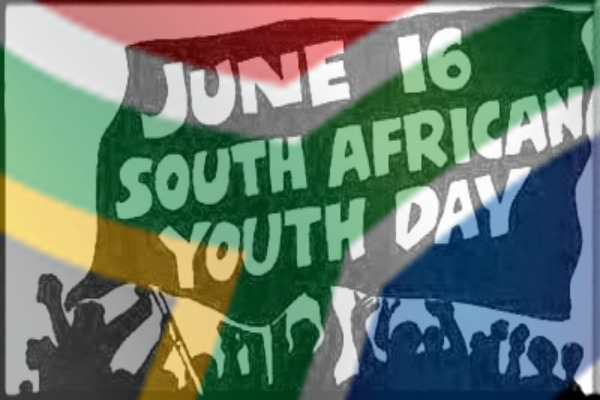
June, in South Africa, is Youth month and June, on our 2023 Family Year Planner, has as its theme “Children belong in families,” which can include children from young to adolescent. Every year, almost right after Youth Day on 16th June, we commemorate Fathers’ Day on the 3rd Sunday of the month. Is there something significant about that? Youth Day in SA commemorates the time in 1976 when the youth took the initiative away from their parents and launched an uprising against teaching in the medium of Afrikaans, seen as the language of the oppressor. That in due course led to the end of the apartheid era and brought democracy and many other changes to our country. Those youth of 1976 are now the parents and grandparents of today. Has their experience from that time on affected how they view parents, fathers in particular? Many young people suffered in the process, some died, some left their homes and families and went into exile, and very many were thrown headlong into adulthood. Families suffered too. alongside their children, some more than others. They experienced a whole range of feelings, anxiety, worry, panic, grief, anger, helplessness. Many black families in 1976 were experiencing brokenness due to migrant work and those fathers were often not in a position to be the protector and mentor of their sons and daughters which should have been their natural role. What effect could that have had on the father-child relationships over time? That is a question we maybe have not grappled with sufficiently. Did children, especially youth, lose respect for their parents, and for the older generation, even seeing them as ineffectual?
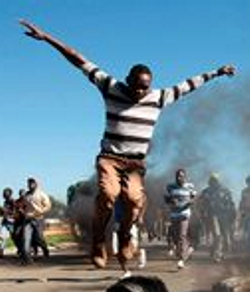
Today a variety of family forms are still growing, married, single, same sex. A single mother with one or more children, possibly from different fathers, is the most common form of family in South Africa, although there are single father families too. However, two third of fathers are absent from their families, not living with their biological children, living in another family or in no family. We speak often of teenage pregnancy and teenage moms but what about the dads? The girl, or her family, is left holding a baby and the boy’s family may be paying damages, but he is not being a father to his child, a real loss to both.
Instead of emulating their parents as they grew up, this generation has tended to become more individualistic, self-sufficient, self-centred, and possibly more violent. This could be exacerbated by their experience, but it is not only as a result of their history, it is also a universal characteristic of the generations of today where family bonds and traditions have weakened and there is less parental commitment, love, guidance and control as well as less respect from the young.
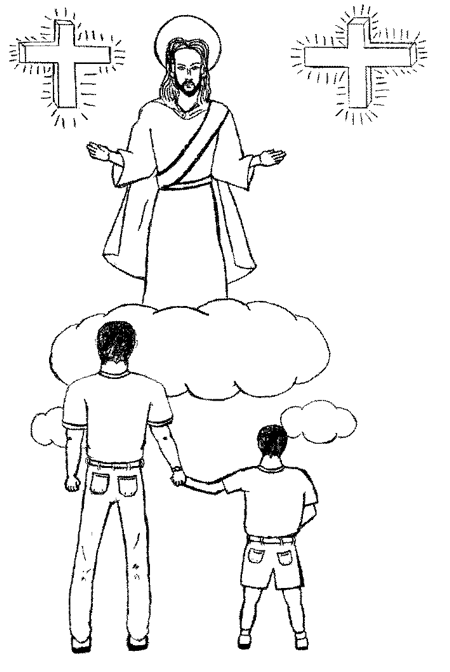
Happily, many families of moms, dads and kids and even non-traditional types are working well. In many different forms of family today, dads are beginning to play a greater role in the child’s life. It can start from witnessing the birth, enjoying paternity leave with the mom and baby, fetching and carrying junior to creche or school, going out of their way to watch sport matches or the children’s other activities. Even so moms generally still play a much greater role in any family life. This is so even though many have jobs and even high-powered careers, earning higher salaries then their husbands or partners, whom they may discard at will as women are able to be independent.
What does all this say about children and fathers belonging in families? Would there be less dysfunctionality, less substance abuse and family violence if these particular relationships were healthier and happier, had a better work-life-relationship balance? Would this not be for the good of the young children, adolescents and for the father too? In other words for the common good in and beyond the particular family, as is recognized in society and in the Church’s social and pastoral teaching.
In the growing focus on women and the feminine side of God, it is necessary to remind ourselves that God, our Father, is our model of fatherhood, a loving, forgiving Father who shows the way to all human fathers. One who loved all His children so passionately that he gave His own Son so that we, His children could have eternal life. May all our children and especially the youth, in their particularly challenging stage of life, experience this fatherly love and may fathers too experience the love of their children in their families, as Jesus showed us in his relationship with his Father. May all our social services, in and beyond the Church, DSD, NGOs and sodalities recognize and appreciate this need for healthy families as the best foundation for a healthy planet.
Beyond our borders in so many places there is war, conflicts and family members migrating in search of a better or safer life. Children, like those abducted from Ukraine to Russia, suffer much through the loss of a stable family life. Are we in whatever comfort zone we live in doing enough to work for justice and peace and family reunification?

Pope Francis the family is an agent of pastoral activity through its explicit proclamation of the gospel and its legacy of varied forms of witness, solidarity with the poor, openness to a diversity of people, the protection of creation, mor and material solidarity with other families, including those most in need, commitment to the common good and the transformation unjust social structures. AL 290. Although she constantly holds up the call to perfection and asks for a fuller response to God, “the Church must accompany with attention and care the weakest of her children, who show signs of a wounded and troubled love, by restoring in them hope and confidence, like the beacon of a lighthouse in a port or a torch carried among the people to enlighten those who have lost their way or who are in the midst of a storm. AL 291
IS OUR LAW TRULY ABOUT JUSTICE
June 14. “If Moses was living in the 21st century what kind of laws would God be giving him?” It seemed a good idea to get the topic of law and obeying laws and rules onto the table in preparation for Youth Day. Is there a difference between rules and laws other than the degree of punishment? How just are our country’s laws in reality? Deacon Samuel told them to discuss at home: ”if you were to change roles as parents and children would there be different rules in the house, about chores, drinking, drugs, going out and coming home times etc.?” So together they all formulated a number of questions that could be discussed for Youth Day and the workshop to be addressed by one of the parents who was also a prosecutor in the High Court.

Reflect, share, act. Scripture: “Do not think that I have come to abolish the law or the prophets. I have come not to abolish but to fulfil. Whoever obeys and teaches these commandments will be called greatest in the kingdom of heaven. Matt 5:17-20. Pope Francis. It is essential to help children and adolescents to realise that misbehaviour has consequence. They need to be encouraged to put themselves in other people’s shoes and to acknowledge the hurt they have caused. As the educational process bears fruit in the growth of personal freedom, children come to appreciate that it was good to grow up in a family and even to put up with the demands that every process of formation makes. AL 268

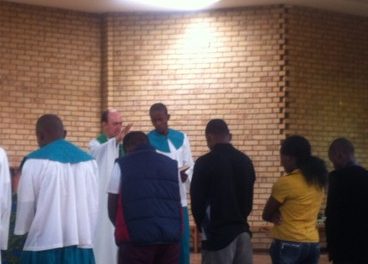

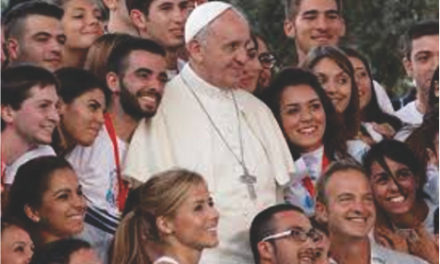

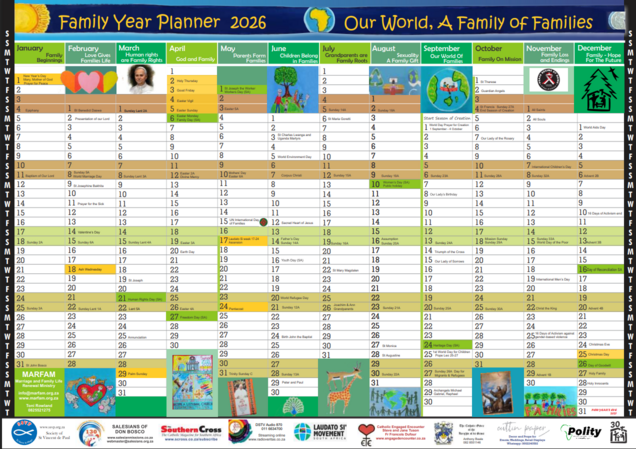
Recent Comments